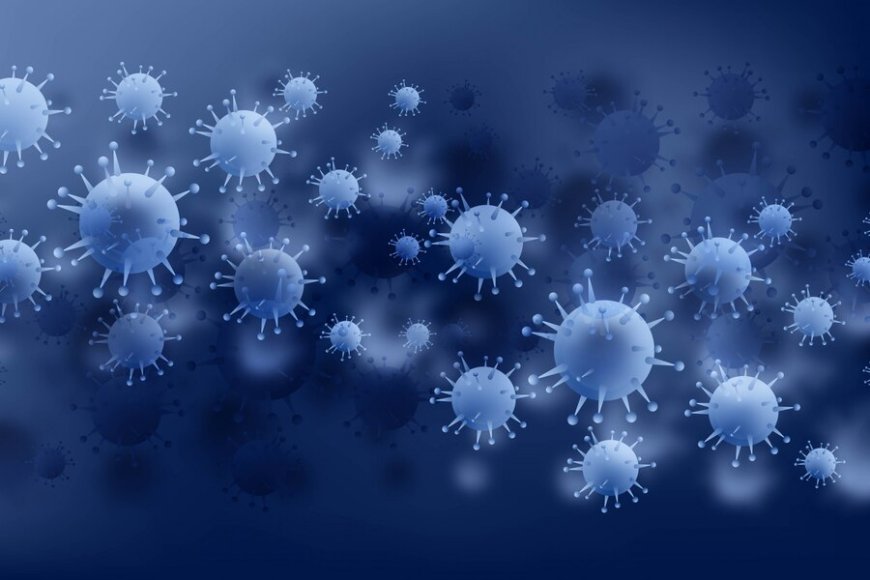How to Treat Pinworms: Safe and Effective Solutions?
Pinworm infections are treated with anti-parasitic medications like Mebendazole, Albendazole, or Pyrantel Pamoate. Proper hygiene and treating the whole household prevent reinfection.

Pinworm infection (Enterobiasis) is one of the most common parasitic infections, particularly in children. It is caused by small, white roundworms (Enterobius vermicularis) that inhabit the intestines and lay eggs around the anus, leading to itching and discomfort. This infection is highly contagious but can be effectively treated with proper hygiene practices and medication. Understanding how to treat pinworms safely and effectively is essential for ensuring a complete recovery and preventing reinfection. Buy Fenbendazole Australia for Pinworm Infection. Fenbendazole For Sale at Medzsupplier.
Recognizing Pinworm Infection
The primary symptom of a pinworm infection is intense itching around the anus, especially at night when the female pinworms lay their eggs. Other symptoms may include irritability, restlessness, and trouble sleeping. In severe cases, abdominal pain, nausea, or a secondary bacterial infection from scratching may occur.
Diagnosis can be confirmed through the tape test,which involves pressing clear adhesive tape around the anus in the morning to collect pinworm eggs for microscopic examination. Once diagnosed, prompt treatment is essential to alleviate symptoms and prevent the spread of the infection.
Medications for Treating Pinworms
Several anti-parasitic medications are highly effective in treating pinworms. These medications work by killing the adult worms and their larvae.
Mebendazole: A widely prescribed medication, Mebendazole prevents worms from absorbing glucose, causing their death. A single dose is usually effective, but a second dose may be recommended after two weeks to kill any newly hatched worms.
Albendazole: Similar to Mebendazole, Albendazole works by interfering with the worm's metabolism. It is also taken as a single dose with a follow-up dose after two weeks to prevent reinfection.
Pyrantel Pamoate: This over-the-counter medication paralyzes the worms, which are then passed out of the body through bowel movements. Pyrantel Pamoate is often the most accessible option, and like the other medications, it requires a follow-up dose after two weeks.
All these medications are considered safe for children and adults. However, pregnant or breastfeeding women should consult a healthcare professional before using any of these treatments.
Hygiene Measures to Prevent Reinfection
While medication is highly effective at killing pinworms, it is crucial to combine treatment with stringent hygiene practices to prevent reinfection, as pinworm eggs can survive on surfaces for up to two weeks. Implementing these measures will help eliminate eggs from the environment and reduce the chances of reinfestation.
Handwashing: Regular handwashing, especially before meals and after using the bathroom, is essential. Children should be taught to wash their hands thoroughly with soap and water.
Bathing: Showering every morning helps remove eggs deposited overnight. Avoid baths, as pinworm eggs can transfer to water and spread to other parts of the body.
Nail Hygiene: Keeping fingernails short and clean minimizes the risk of eggs being trapped under the nails, which can spread the infection through scratching or touching contaminated surfaces.
Clothing and Bedding: Change underwear, pajamas, and bed linens daily during treatment. Wash clothing, bed sheets, and towels in hot water and dry them on high heat to kill any pinworm eggs.
Disinfecting Surfaces: Clean household surfaces that may harbor eggs, including bathroom fixtures, toys, and kitchen counters. Vacuum and dust frequently, paying special attention to areas where children play or sleep.
Treating the Whole Household
Pinworms spread easily among family members through shared spaces and close contact. Therefore, it is recommended that all members of the household be treated simultaneously, even if they are asymptomatic. This strategy reduces the likelihood of reinfection and helps break the cycle of transmission.
Natural Remedies and Supportive Measures
In addition to medications, some natural remedies and supportive measures may help alleviate symptoms and improve comfort during treatment.
Garlic: Garlic is believed to have anti-parasitic properties. Applying garlic paste around the anal area or consuming raw garlic may help kill worms, though this remedy should not replace conventional treatment.
Coconut Oil: Applying coconut oil around the anal area may soothe itching and create a protective barrier that discourages female pinworms from laying eggs.
Probiotics: Consuming probiotics can support gut health during treatment, as they help balance the intestinal flora and improve overall digestion.
When to See a Doctor
Most cases of pinworm infection can be successfully treated at home with over-the-counter medications and proper hygiene. However, if symptoms persist despite treatment, if there is evidence of a secondary infection from scratching, or if the infection spreads to multiple family members, it is important to seek medical advice. Additionally, pregnant women, breastfeeding mothers, and young children may require special considerations and should consult a healthcare provider before taking any anti-parasitic medication.
Conclusion
Pinworm infections, though uncomfortable, are treatable with safe and effective solutions. A combination of anti-parasitic medications, diligent hygiene practices, and preventive measures can successfully eliminate the infection and prevent reinfection. By treating the entire household and maintaining strict cleanliness, the chances of reinfestation are significantly reduced. Early recognition, proper treatment, and maintaining a clean environment are key to overcoming pinworm infections and ensuring long-term health.

 James971
James971 










